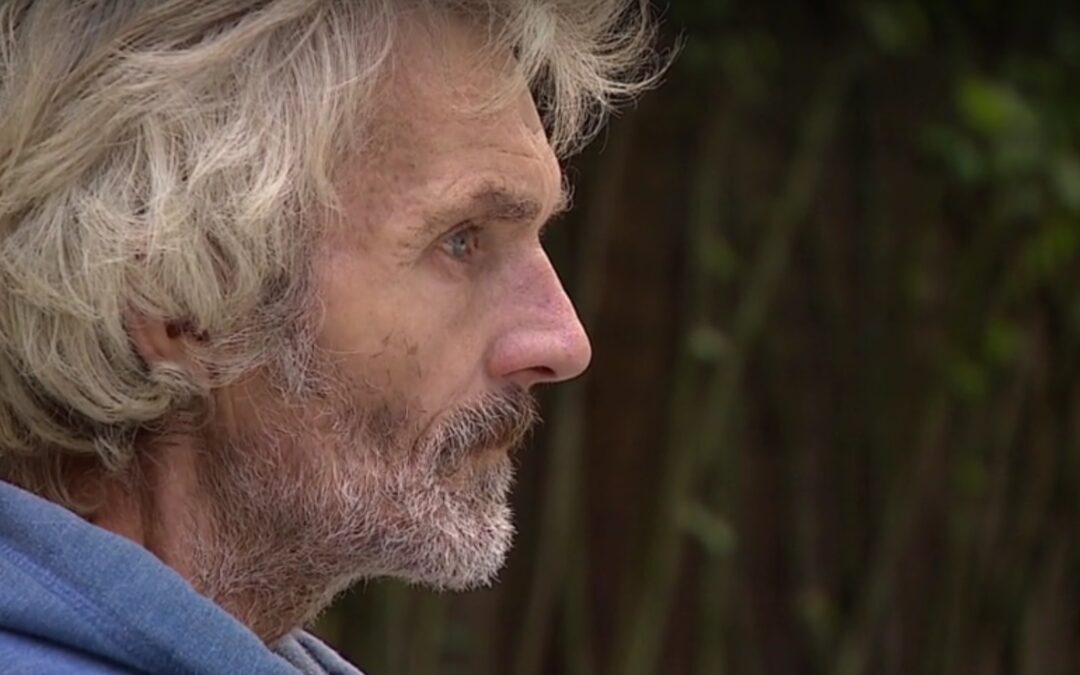Prosecutors have brought charges against the owners of a poultry farm in southwestern Poland from which a Russian man escaped last year, claiming he had been forced to work there as a slave for 23 years.
Nikolay Yerofeyev (Mikołaj Jerofiejew), who allegedly lived in squalid conditions, facing verbal and physical abuse and not receiving any pay, has spoken to the Polish media about his ordeal. He finally managed to flee the farm with the help of a co-worker.
The owners of the farm, Jan and Alicja Ś. (whose full names are disguised under Polish law), “for more than 23 years used unlawful threats and exploited [Yerofeyev’s] situation and helplessness in order for him to provide forced labour, degrading human dignity,” Lidia Tkaczyszyn of the Legnica district prosecutor’s office told Onet.
The accused, who deny the charges, face a minimum of three years and could be sentenced to a maximum of 15 years in prison if found guilty. Yerefeyev’s lawyers are also seeking compensation in a civil action to cover 23 years of unpaid wages.
Niewolnik spod Legnicy. Historia Mikołaja Jerofiejewa https://t.co/XSG6E7kgRO pic.twitter.com/VDe4pinOsh
— Onet Wiadomości (@OnetWiadomosci) May 18, 2021
Yerofeyev arrived in Poland in 1989, aged 28, as a civilian working as a welder for the Red Army. When Soviet forces left the country in 1993, he remained, finding a job working at a poultry farm in Lower Silesia.
Four years later, his employer took him to another farm in Lisowice, near Legnica, belonging to Jan and Alicja Ś., after rumours that foreigners working illegally were being deported. This was when his ordeal began, reports Onet.
Yerofeyev was forced to work without pay. He slept on a cot in a dirty room, and was fed on leftovers which were sometimes rotten and mouldy. He was scared to escape because he did not know anybody, and the people for whom he worked had confiscated his documents.
The farm owners would occasionally allow him to go to the shop or hairdresser, but they paid for everything in advance and he did not have his own money.
“Even when I tried [to leave the farm], they would drive after me, asking what I was doing. I couldn’t talk to anyone. They had my documents, I didn’t even have any idea where I could go,” Yerofeyev told Polsat in September in his only public interview since escaping.
“People were scared of them in general, nobody wanted to mess with them. I heard enough insults to last me a lifetime,” he added.
“This is slavery, because reimbursement is due for all work,” Dominik Góra, his legal representative, told Onet, adding that the place where he slept “is unbecoming for humanity”.
“Any attempt to go outside the farm was condemned by the owners [who] threatened that they would report him to the police and he would be deported. That is why he didn’t even try to escape,” Góra added. “He was scared of being deported, as in Russia he didn’t have any relatives or family. He would have been condemned to absolute non-existence.”
Przez 23 lata był zmuszany do niewolniczej pracyhttps://t.co/OWTcRX2n7J
— Elisabet Jonsson (@ElisabetJonsso4) September 22, 2020
Yerofeyev finally plucked up the courage to escape in August 2020 after being insulted and struck in the face by Jan Ś. He was helped by a woman working with him on the farm, Jolanta Matejko, who told his story to a young couple running a similar business nearby, Ewa and Krzysztof Tyszkiewicz.
They decided to collect the Russian, who had no possessions except the flip-flops, shorts and torn T-shirt he was wearing, and take him to their farm, where they fed him and found him a lawyer.
“It was like a scene from an action film. Under cover of night they came for him and took him to their farm, where he is still living today,” Góra told Onet.
“He was a wreck of a man, emaciated, with sunken cheeks,” Krzysztof Tyszkiewicz told Polsat in September. “He is learning to spend free time and to eat normally,” added his wife.
“I’ve remembered now that I was once a human and I’m becoming one again,” Yerofeyev said. As a potential victim of human trafficking, he has been allowed to remain in Poland, where he has applied to legalise his stay, reports Onet.
Main image credit: Polsat (screenshot)

Ben Koschalka is a translator, lecturer, and senior editor at Notes from Poland. Originally from Britain, he has lived in Kraków since 2005.




















